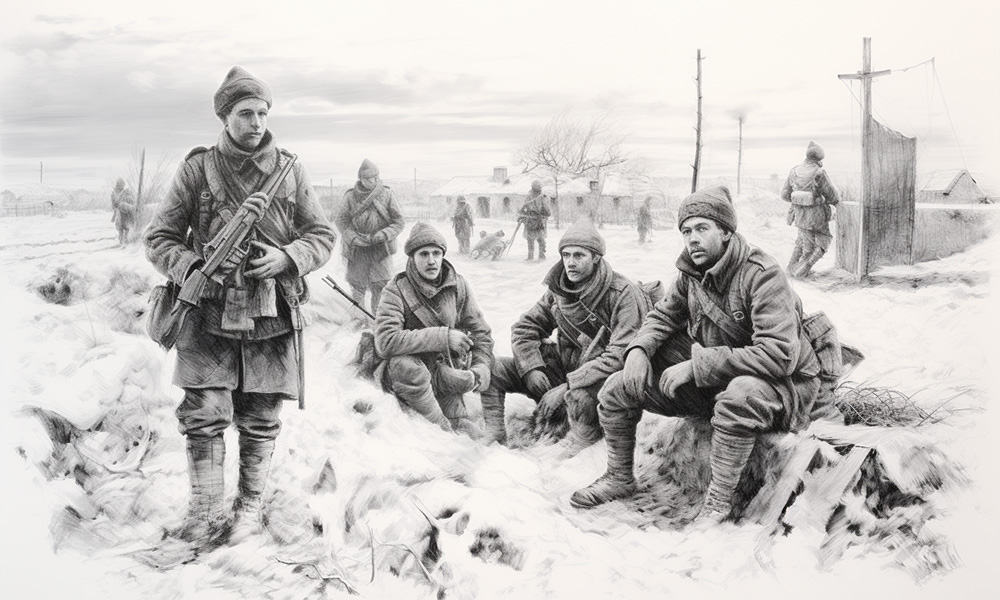In a recent analysis highlighting the rising insecurity across Latin American countries due to the infiltration of the narcotics trade, The Economist, the British weekly magazine, asserted that “Costa Rica no longer seems a Latin American success story.”
The international publication also outlined the public discontent over what it termed the “collapse of state services,” a situation that it linked to a protest march held on October 25 by labor unions, universities, and various organizations that culminated at Casa Presidencial.
The report noted that a key element of the protest centered on the call for increased education funding since the current allocation falls short of the 8% of the annual GDP mandated by the Constitution.
The main article delved into the declining security levels in regions of the continent, including Costa Rica, which was previously considered safe.
The analysis, published on Thursday, sounded an alarm over the record-breaking homicide rates in Costa Rica this year, reaching 17 per 100,000 inhabitants. This marked a significant increase from the rate of 11 per 100,000 inhabitants three years ago, which the report attributed to violence related to drug trafficking.
The report also highlighted that in recent years, several murders were linked to the domestic marijuana market, which is thriving in Costa Rica, with 3% of residents reporting monthly consumption, making it one of the countries in Central America with the highest usage rates.
The Economist, with a history spanning 180 years, boasted a subscriber base of 1,182,000, including both print and online versions, as of March this year, according to its latest financial report.
In the context of Costa Rica, the magazine underscored the frustration among citizens about the decline in public services, despite the country’s long-standing reputation for universal healthcare, higher education, and robust democratic institutions. This concern has been exacerbated by the current administration’s focus on cost reduction, led by President Rodrigo Chaves Robles.
The report pointed out that these cost-cutting measures coincide with a surge in violent crime and growing calls for opportunities to steer young people away from gang involvement. Chaves acknowledged the deterioration of public services but placed blame on the mismanagement that transpired over the past four decades. Many fear that Chaves’ perceived hesitation is a precursor to a sweeping reform of the welfare state.
The report also highlighted growing tensions sparked by the president’s assertion that the Costa Rican Social Security Fund (CCSS) is “bankrupt,” a claim that has faced resistance from various groups and representatives of the institution. Furthermore, Chaves’ criticisms of other institutions, such as public universities and independent media, have sparked concerns within the country.
As Latin America grapples with a rising tide of violence and uncertainty, Costa Rica’s standing as a regional success story is undergoing a critical reevaluation.
Source link
Ileana Fernandez



